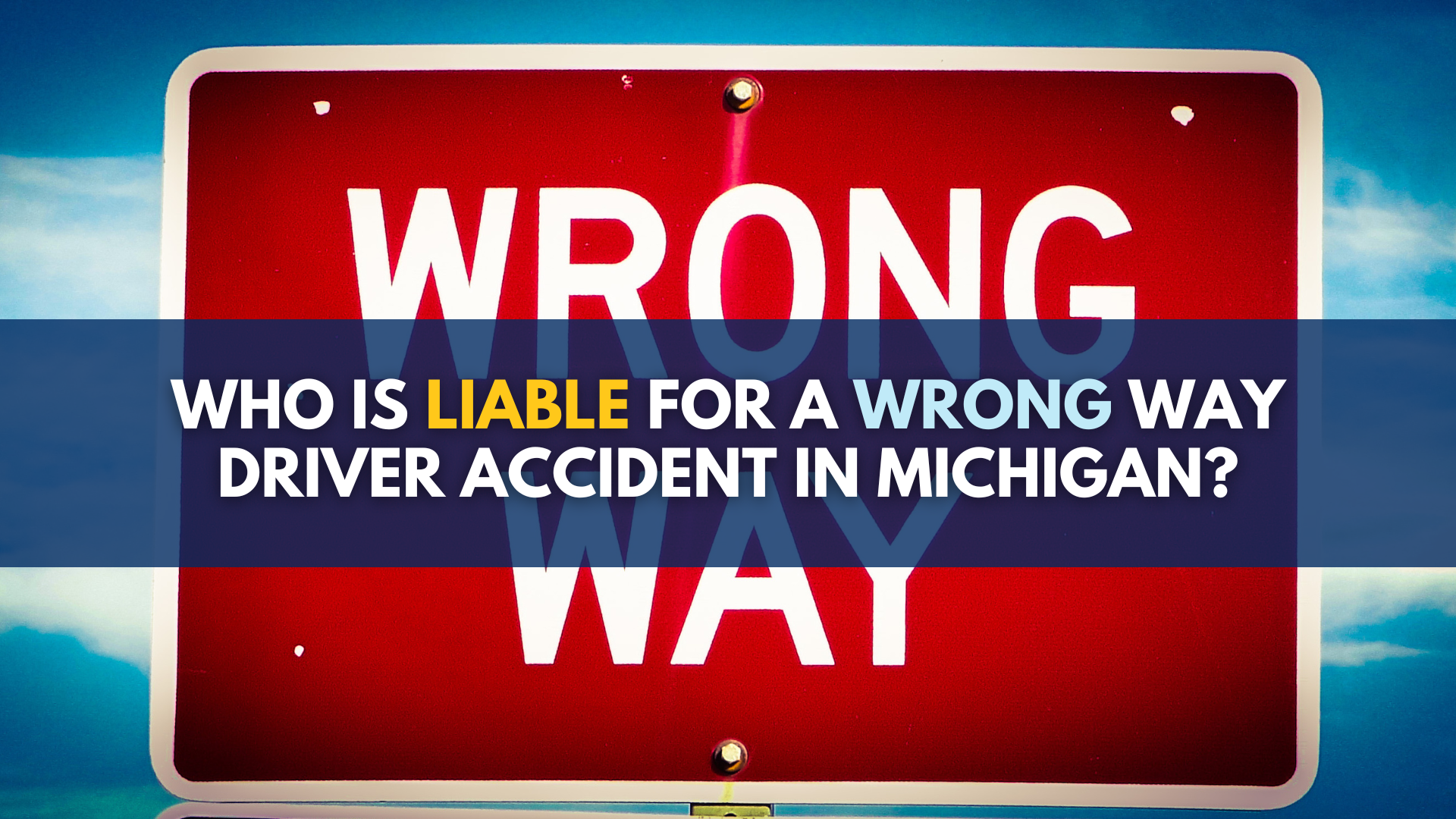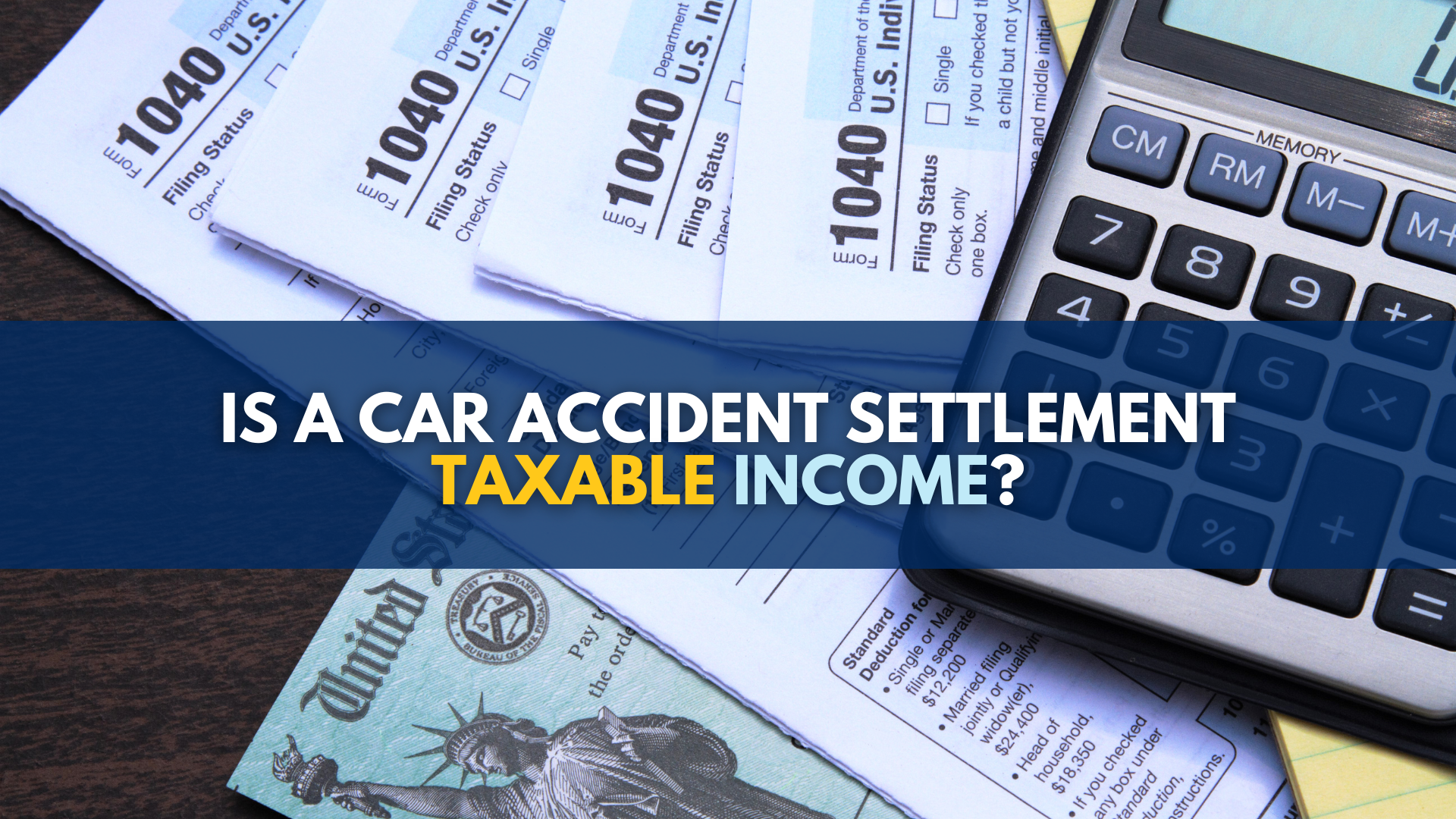Industry defense lawyers oppose life-saving safety benefits of ELD devices, worried it will lead to full and fair compensation for truck crash injury victims

ELD devices will save lives and reduce the number of truck crashes caused by fatigued truckers driving over hours.
Yet some in the defense bar – those insurance company adjusters and trucking industry defense lawyers who get paid to concoct excuses for why unsafe trucking companies shouldn’t have to fully pay for the lives they destroy – don’t think too highly of the safety benefits of ELD devices.
ELDs are the “electronic logging devices” which, as of December 2017, the FMCSA ELD mandate requires all trucks, truck drivers and trucking companies to use to ensure compliance with federal hours-of-services rules – whose purpose is to keep truckers who are too sleep-deprived off the road.
What it boils down to for defense lawyers in these cases is that, yes, the ELD devices will make things significantly safer, but they will also help truck accident lawyers prove the trucking company is unsafe.
This is the message I took away from a recent article two Georgia-based trucking defense lawyers published in a newsletter for DRI (the “defense research institute”), “The ELD Mandate: Feeding the Reptile with Voluminous Electronic Data.”
The authors freely admit the safety virtues of ELD devices:
- They will “prevent[] hours-of-service and other violations of the FMCSRs …”
- They “will undoubtedly … prevent approximately 20 fatalities and 434 injuries per year.”
But, on the other hand, they bizarrely suggest the following constitute a “downside” to ELDs:
- ELD data will highlight violations of federal safety regulations – either at the time of a crash or prior thereto – and the fact that trucking companies knew about the violations.
- Data from ELD providers will show “a driver’s hours-of-service violations, driver’s logs for a period of at least six months prior to a collision, a driver’s speed and exact location at a particular time, a driver’s hard brakes, communications between the driver and dispatcher, routes taken by the driver on the date of the collision, weather conditions at a particular time, and video monitoring.”
- ELD data may cause the value of truck accident cases to increase and, thus, require motor carriers to use corporate assets to cover verdicts and settlements that exceed the limits of their liability insurance policies.
Criticizing ELD devices for these reasons is one of the most ridiculous things I’ve heard in a long time, but it sadly clears up any remaining doubts about where the trucking industry’s real values lie.
They start and end with putting profits over safety. They are actually opposing real breakthroughs that can save hundreds of innocent lives from truck crashes because it will make it easier for truck accident lawyers like me to prove that the company is intentionally breaking the law.
To the defense lawyers’ doom and gloom predictions that ELD devices “will change both the industry and the way that trucking claims are litigated,” I have only one thing to say.
It’s about time.
What are the safety benefits of ELD devices?
In their article in the DRI newsletter, the two Georgia-based trucking defense attorneys acknowledge the significant and undeniable safety benefits of ELD devices:
- “Implementation of the ELD mandate may benefit motor carriers in terms of cost savings, may increase motor carrier safety ratings by preventing hours-of-service and other violations of the FMCSRs, and will save lives and prevent numerous injuries resulting from accidents involving commercial motor vehicles.”
- “ELDs will undoubtedly … prevent approximately 20 fatalities and 434 injuries per year.”
How will ELD devices help truck accident victims in their pursuit of justice against unsafe trucking companies?
The two Georgia-based trucking defense attorneys who authored the DRI article also outlined how ELD devices will help truck crash injury victims who had to resort to litigation to get the justice they deserve:
- “While electronic data has been utilized by larger motor carriers for years, the fact that motor carriers of all sizes will now be required to maintain voluminous electronic data through use of an ELD service provider may assist … plaintiff’s lawyers … to influence jurors by allowing them to easily point out prior violations of the FMCSRs and notice of such violations by the motor carrier, which may result in an increase in the overall value of trucking claims.”
- “[T]he ease of access to [“voluminous amounts of data [“recorded and maintained by ELD providers”] concerning [truck] drivers, commercial motor vehicles, and operations”] will undeniably assist plaintiff’s lawyers in identifying safety rules or regulations that a motor carrier or driver failed to comply with, either at the time of or prior to the collision at issue,” which may result in “added pressure on the motor carrier to add its own money beyond the applicable insurance policy limits to ensure the settlement of a claim.”
- “[A] plaintiff’s lawyer will be able to look to one source – the ELD provider – to obtain information concerning a driver’s hours-of-service violations, driver’s logs for a period of at least six months prior to a collision, a driver’s speed and exact location at a particular time, a driver’s hard brakes, communications between the driver and dispatcher, routes taken by the driver on the date of the collision, weather conditions at a particular time, and video monitoring. This voluminous, detailed, and easy-to-obtain data could make it easier for plaintiff’s lawyers to inflate the value of their case, resulting in higher settlements. This voluminous data will also assist plaintiffs in appealing to the jurors’ “reptile” brain by emphasizing prior instances of unsafe driving, prior violations of the FMCSRs by the motor carrier and/or driver, and the receipt of notifications concerning driver violations. There is no doubt that evidence of prior violations of the FMCSRs can be persuasively used to appeal to the community-conscious minds of the jury.”
- “Information recorded and maintained by ELDs will be especially helpful to a plaintiff’s lawyer during the deposition of a motor carrier’s safety director. Imagine a case where a driver was in violation of an hours-of-service regulation at the time of the collision, the ELDs produced by the motor carrier identified other prior hours-of-service violations by the same driver, and the ELDs clearly document each and every notice sent to and received by the driver and motor carrier prior to and after each hours-of-service violation. Now imagine that, after pointing out each and every violation of the FMCSRs by the driver along with the pre-and-post notice of violation received by the motor carrier, the safety director of the motor carrier admits that no warnings or reprimands were given to the driver and no additional training was provided. Not only would such facts support a claim for negligent training, negligent supervision, and/or negligent entrustment, they could support a claim for punitive damages depending upon the nature of the prior violations and whether such violations were similar to the violation at issue in the litigation.”
- “In addition to providing information concerning the driver involved in the collision at issue, ELDs will allow a plaintiff’s lawyer access to information concerning other drivers of the motor carrier, including hours-of-service violations and accidents. As noted above, one can appreciate how a juror may be compelled to award damages to a plaintiff after learning that the motor carrier knew that the driver involved in the collision had prior hours-of-service violations and did nothing to address the violation. But imagine how angry that same juror may become if there was also evidence showing that the motor carrier was indifferent to violations by all of its drivers, notwithstanding the motor carrier’s easy access to analytical and other data clearly documenting such violations. There is no doubt that this compilation of data provided by ELDs will greatly benefit plaintiff’s attorneys in appealing to the jury’s interest in protecting their community from unnecessary danger.” [Emphasis in the original article]
What are ELD devices and to what purpose are ELD devices used?
ELD devices, which are also known as “electronic logging devices,” are electronic devices that replace the traditional hand-written log books that truckers maintain to prove their compliance with the federal safety regulations’ hours-of-service requirements.
As of December 18, 2017, federal law requires that all truckers and motor carriers use ELDs instead of the paper-based “records of duty status” (RODs) that they previously used.
Improving trucking safety by, among other things, reducing truck crashes is the principal goal of the ELDs:
The “Final Rule” of the ELD mandate noted that “a study concerning the safety benefits of ELD-like devices” “found a significant reduction in the overall crash rate and the preventable crash rate for trucks with ELDs compared to trucks without
ELDs.”



2 Replies to “How ELD devices will save lives, help truck crash victims”